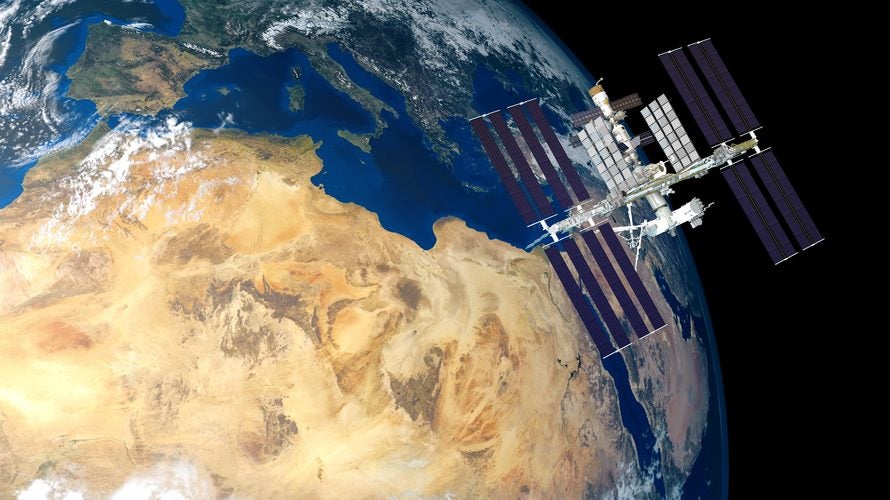Saudi Arabia’s astronaut Rayyanah Barnawi has completed the implementation of King Faisal Specialist Hospital and Research Center (KFSH&RC) cell science experiments on the International Space Station (ISS).
The aim of the four-stage experiments, which lasted four days, is to study the response of immune cells and the effect of some treatments in inflammatory conditions.
This will increase the knowledge of the biological changes that can occur in space and monitor the activity of thousands of genes in immune cells that are exposed to inflammation over time. The experiments will also examine the course of pathological processes for potential preventative and early treatments.
The results are expected to aid the understanding of human health while in space and showcase vital signs or potential treatments of inflammatory diseases both in space and on Earth.
Stages of the experiment
In the first stage of the experiment, the scientists had to prepare live cells in special containers, which were then incubated for 48 hours to adapt to the microgravity conditions, in which people or objects appear to be weightless.
During the second stage, therapeutic compounds were added to inhibit enzymes that stimulate the production of proteins that cause several inflammatory and tumour diseases. In the third stage, an inflammatory reaction catalyst was added to produce biological reactions in the cells.
In the final stage, chemically treated and untreated samples were collected and preserved at different times, spanning from 30 minutes to 20 hours. This will help to monitor any changes in the mRNA lifespan.
The research team was led by Dr Khalid Abu Khabar, Chairman of the Department of Molecular Biomedicine and Research Scientist at KFSH&RC, with the participation of Dr Wejdan Al-Ahmadi and Dr Edward Hitti.
Alongside the research by Barnawi on the ISS, Dr Wejdan Al-Ahmadi will complete the same experiments in a strong gravity environment at the BioServe Space Technologies research centre in Colorado, US, in collaboration with Nasa.
Who is Rayyanah Barnawi?
Barnawi is the first female astronaut from Saudi Arabia who was launched into space. She reached the ISS on 23 May with fellow astronaut Ali Al-Qarni. Both of them safely returned to back to earth earlier this week, after spending ten days in the station.
Barnawi has spent more than nine years researching stem cells and their use as treatments in oncology indications.
While research in space might still be a new concept, it is not a far-fetched idea as more and more people travel to and explore space. Clinical Trials Arena spoke to experts if the future of intergalactic clinical trials and medicines may become the new space race.









